Indian National Army – A Gamble Played out Just Well
Sun, 23 May 2021 | Reading Time: 3 minutes
Azad Hind Fauj or INA lead by Subhash Chandra Bose is regarded as the crest of Indian independence Movement. The growing nationalism in the Indian soldiers and officers of the British Indian Army led to Rash Behari Bose forming the army in 1942. The INA at that time consisted of Indian POW’s captured by the Japanese in the Malayan campaign and was later joined by many volunteer Indians living in other countries.
Azad Hind Fauj was a completely different type of fight for the freedom of India but if we analyse all the facts we can also say that the whole movement of INA would have been a complete suicide for India if it would have not been for some events that changed the course of World War 2.
If we look into the Japanese occupation in China we will get to know the other side of what would had happened if the allied powers would not have been victorious. Going back to the 1930’s the situation in Japan was not so good. Inadequate political control over Japanese military, economic strains and worldwide depression of the 1930’s set the stage of Japanese imperialist interests in Asia. Hence Japan persuaded its own dominance by occupying Manchuria in 1931 and invading China in 1937 and remaining there until its surrender at the conclusion of World War 2 in 1945. During course of World War 2 Japan conquered other Asian nations for its own imperialistic dominance and challenging western powers for economic and military dominance in Asia. The Japanese were able to do this only because the instabilities that prevailed during that time.
I will not get into the great deeds of the INA as they are readily available. We have got a glimpse of what the Japanese had done in China. WW2 had hit the economies of countries very hard with the exception of the US. The Japanese attack on Pearl Harbour in 1941 and the American revenge by nuking the cities of Hiroshima and Nagasaki in 1945 changed the course of WW2 drastically, so if both these events hadn’t happened then Japan to further increase its military and economic dominance in Asia and to also boost its economy would have used the INA and Subhash Chandra Bose as a scapegoat to drive away the British from India and then imperialise India the way did with China.
The growing fight for Indian Independence and WW2 was making the British quite unstable in India. The Allied powers were not in a good condition as Axis powers were breaking through many allied lines causing the allies with many loses. If the US would have not entered the war (.i.e. might be no Pearl Harbour and a slight chance of the Japanese mainland not being nuked by the US consequently the Japanese not surrendering in 1945) the Japanese would have surely thought about imperialising India.
The Japanese attack on Pearl Harbour and the American revenge by nuking the Japanese mainland which forced the Japanese to surrender in 1945 set the stage for the gamble of INA to play out just well and give the British a taste of what Indians can do to gain independence. Sure that the INA campaign further intensified the Indian independence struggle due to which the India gained freedom in 1947 just two years after the Japanese surrender in WW2 but if it would not have been for those two events of WW2 to have happened just at the right time we might would have ended up in Japanese imperialism.
Hence it would not be wrong to say that INA was a gamble that played out just well.
-KEYUR S PENDSE
Disclaimer
The opinions expressed in this article are the author’s own and do not reflect the views of Chanakya Forum. All information provided in this article including timeliness, completeness, accuracy, suitability or validity of information referenced therein, is the sole responsibility of the author. www.chanakyaforum.com does not assume any responsibility for the same.
Chanakya Forum is now on . Click here to join our channel (@ChanakyaForum) and stay updated with the latest headlines and articles.
Important
We work round the clock to bring you the finest articles and updates from around the world. There is a team that works tirelessly to ensure that you have a seamless reading experience. But all this costs money. Please support us so that we keep doing what we do best. Happy Reading
Support Us





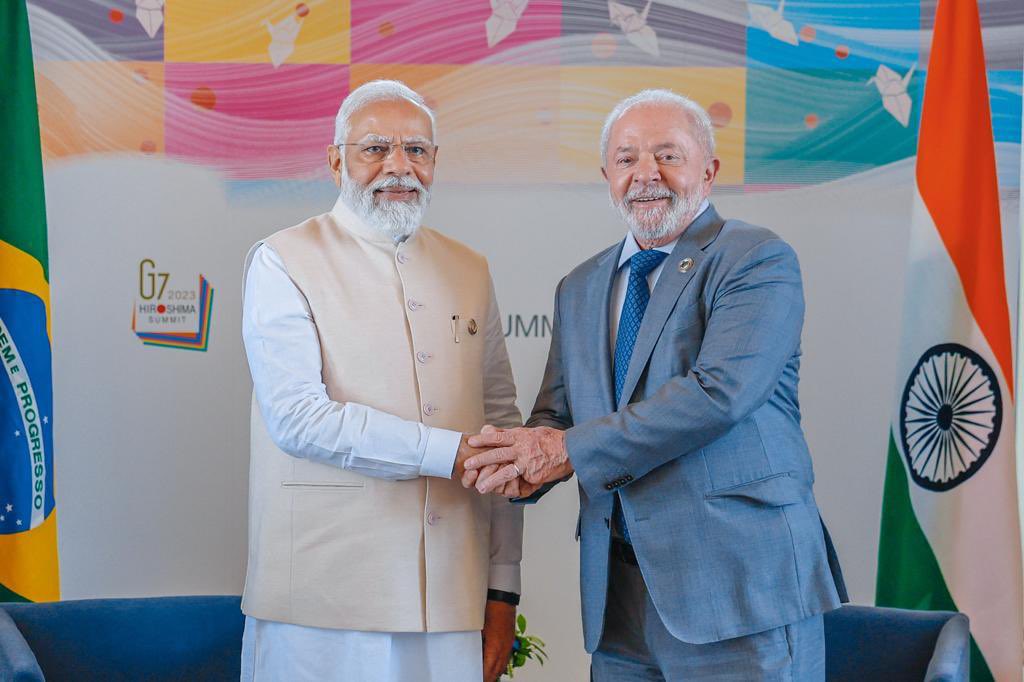

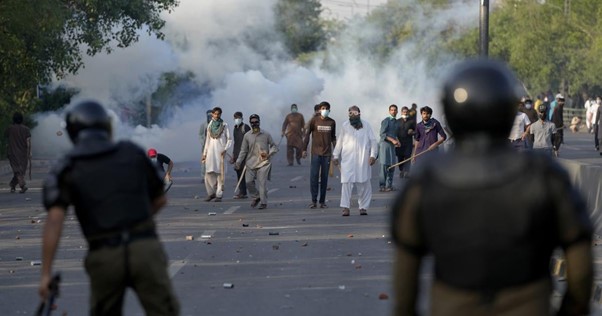

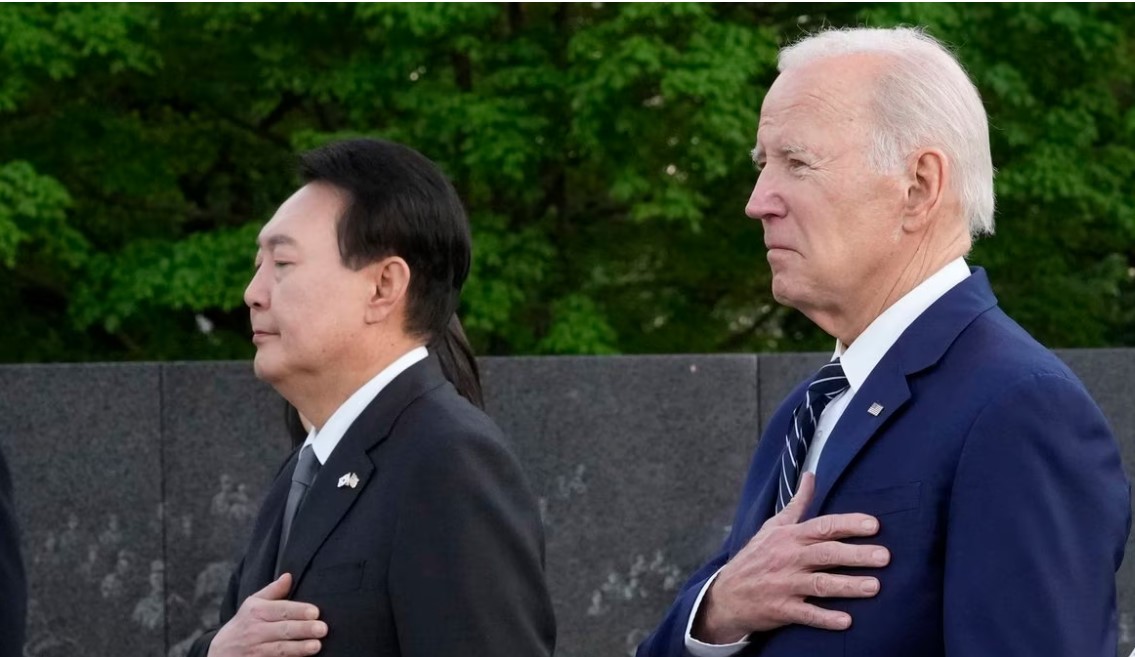

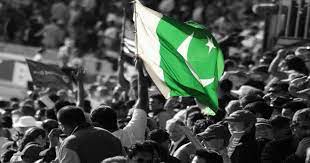
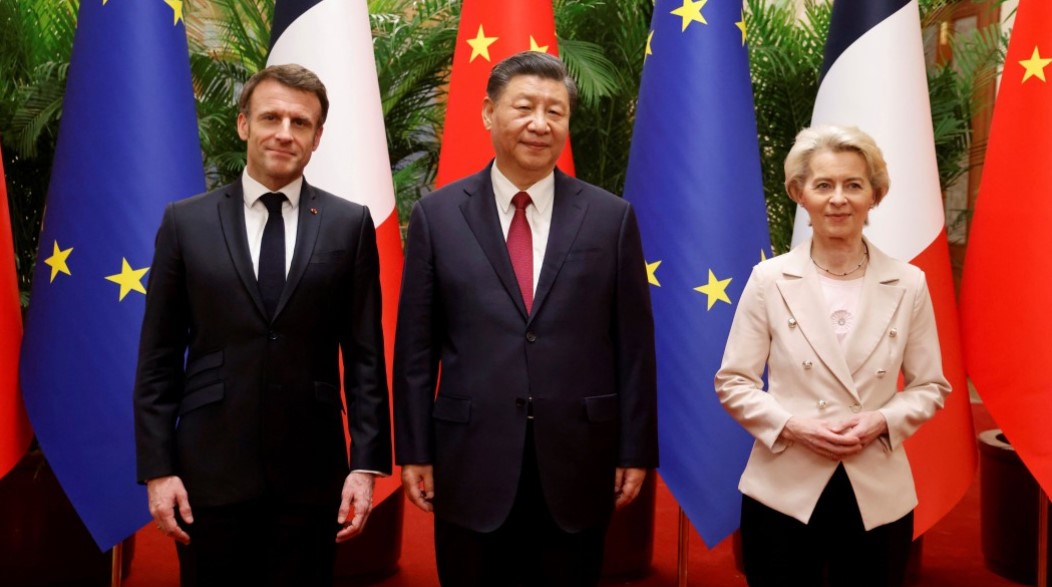







POST COMMENTS (3)
Shantanu
Dr. Tilottama Galande
Pranav Bhardwaj